You Can Own a Piece of Virtual Land in Decentraland, but Can It Make You Money?
An immersive digital world, Decentraland has the potential to provide users with a completely digital economy. But can its users make money?
May 27 2021, Published 9:59 a.m. ET
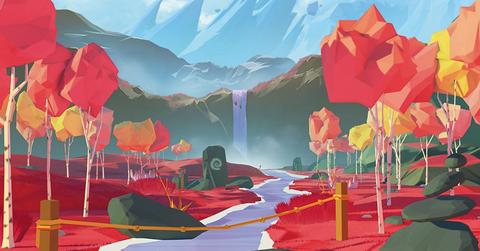
Perhaps reminiscent of New York Times bestselling book Ready Player One, blockchain world Decentraland aims to give users an immersive digital existence. To some, Decentraland is an example of what cryptocurrencies and blockchain technology could become.
Unlike the many other cryptocurrency-centric games available today, Decentraland isn’t as much of a game as an interactive digital world. The digital world boasts the potential to bring users money through appreciating assets and by supporting many other smart contracts to facilitate commerce. But to intelligently invest in Decentraland, people should understand how it works, what it could become, and what risks are involved.
What in the digital world is Decentraland?
Created in 2017 by Argentinian developers on the Ethereum blockchain, Decentraland provides a virtual world for users, free from government or entity oversight. Decentraland's city, named Genesis Plaza, is theoretically the size of metro Washington D.C. It's made up of 90,000 parcels of land 10 meters by 10 meters each. Users can purchase a parcel or multiple parcels to build whatever they can dream up on their plots of virtual land.
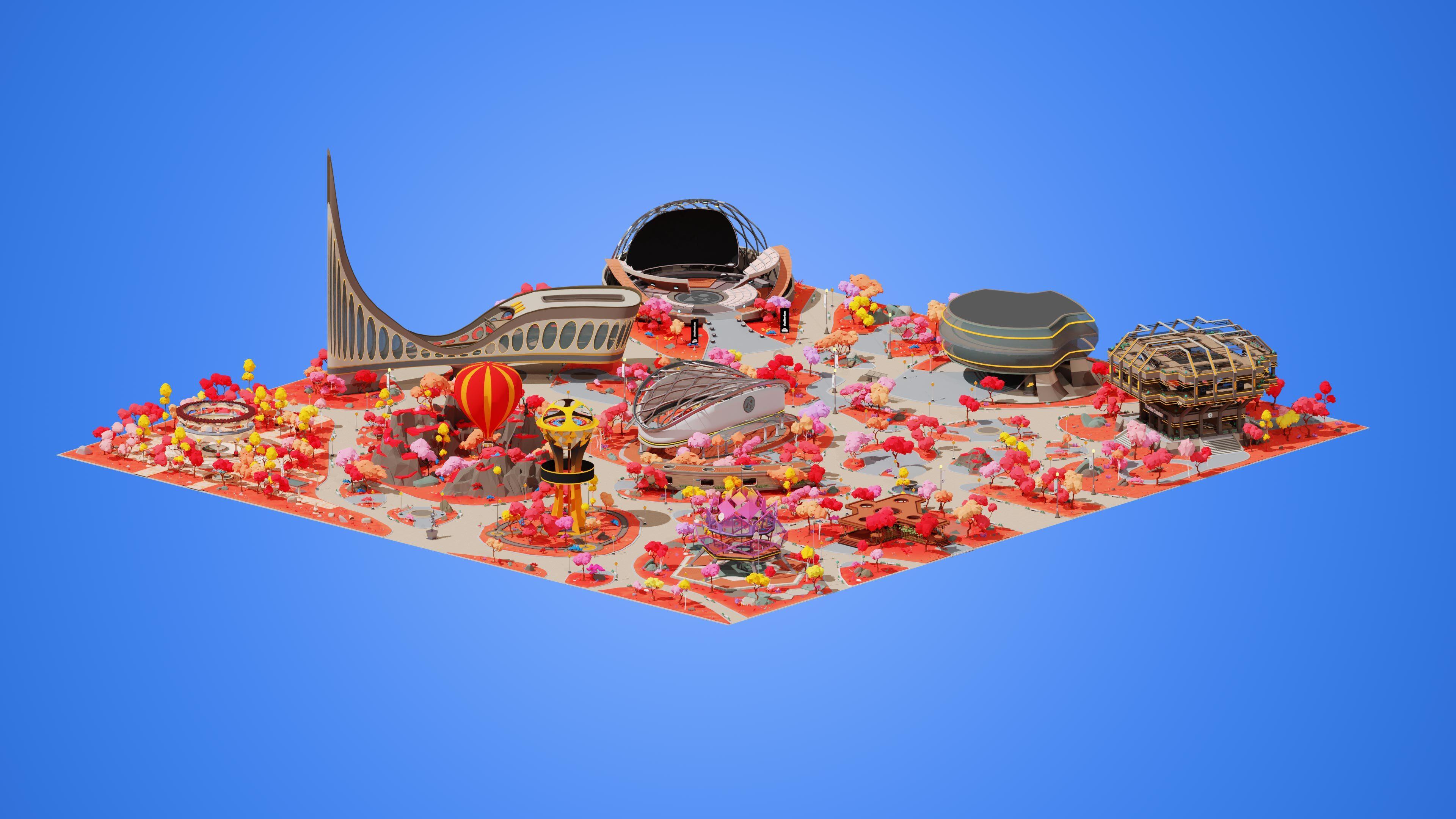
At an auction on December 23, 2018, more than $28 million was spent on plots of land, with one plot going for $180,000. That record-breaking plot is centered in the middle of town, where users spawn into the world.
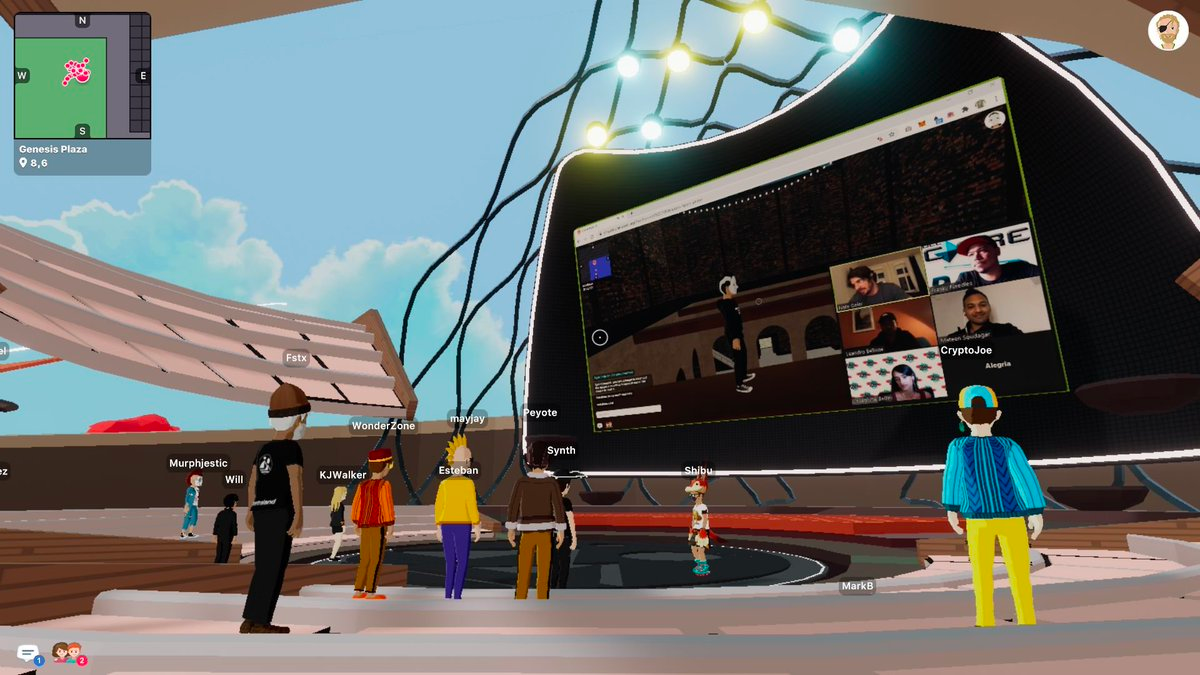
Users can migrate throughout the virtual world through VR headsets, and congregate with other residents in each other’s houses.
Users pay real money for digital land
Property in Decentraland is purchased with the cryptocurrency MANA. Currently, MANA is trading for $0.97, which has fallen over the past month after touching a record high of $1.63 in April.
MANA can be purchased on many of the leading cryptocurrency exchanges, included Coinbase. Once they've bought MANA and hold it in a crypto wallet, owners can transfer it to the Decentraland blockchain. There, users can use their allotments of MANA to bid for available properties and navigate the city’s already bustling economy.
Decentraland investors see the potential profit opportunities
Like any other real estate, Genesis Plaza property can be sold at a profit. However, without tangible commodities that make up the structures within the world, the value is entirely speculative—like cryptocurrencies'.
Once it’s up and running, Decentraland aims for users to spend and receive MANA on the platform for goods and experiences. Decentraland founder Esteman Ordan said the digital world’s economy is around a couple of tens of millions of dollars. Its current market cap is $1.5 billion, and there's a circulating supply of 1.6 billion MANA.
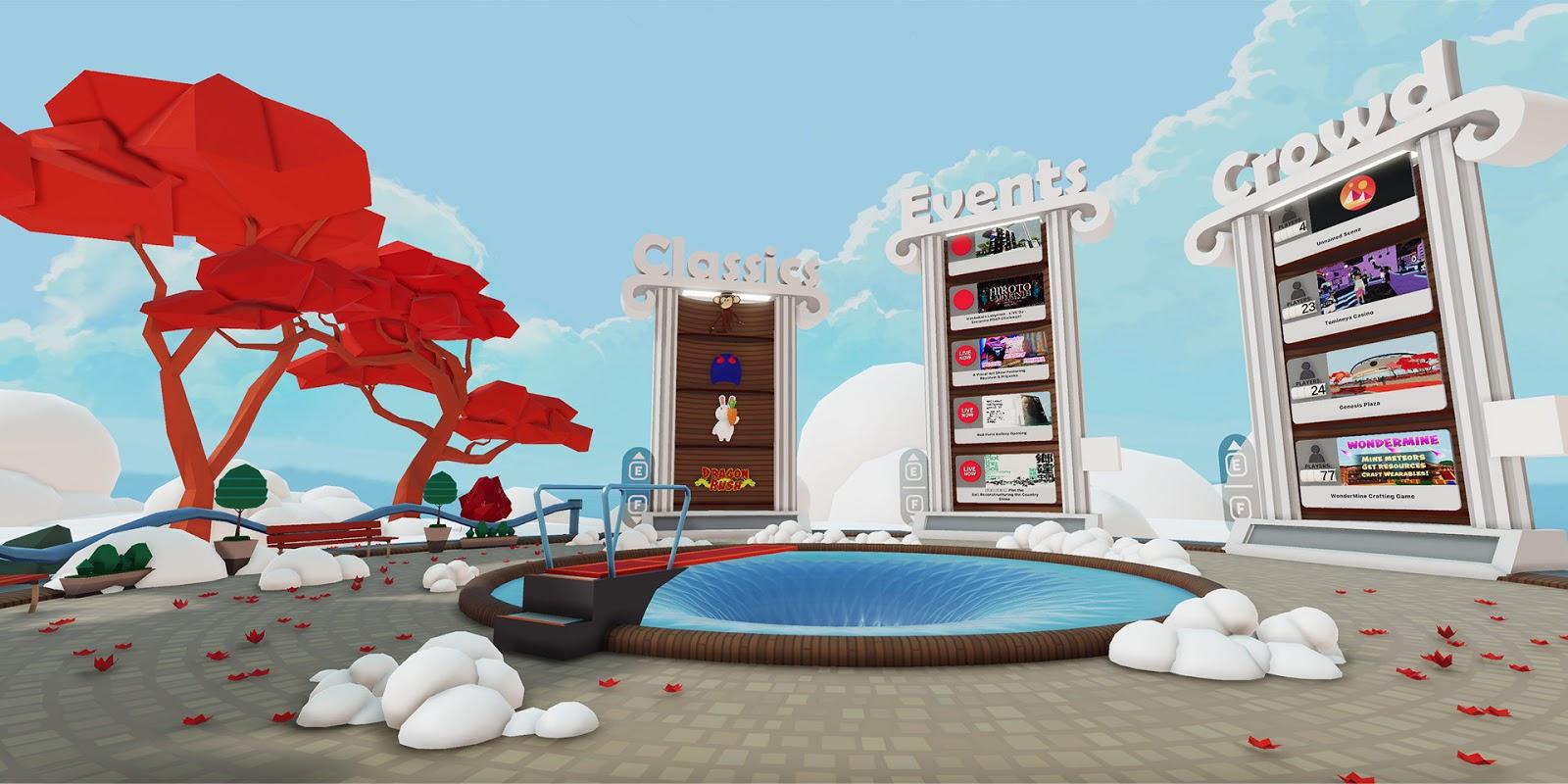
Aside from buying and selling property within the world, users can create experiences and charge MANA for entry. One intriguing prospect is galleries for users to showcase their NFT collections. By charging admission to their galleries and even offering pieces up for sale, Decentraland can become a virtual marketplace for NFT collectors.
Metapurse, the group behind the purchase of Beeple’s Everydays: The First 5,000 Days, has set up a series of virtual museums to showcase their trophies in various online universes, including Decentraland.
Decentraland remains extremely risky for investors
Because Decentraland is still highly speculative, the value of the assets within the digital world can ebb and flow. Any negative publicity could spell disaster for property owners within Genesis Plaza.
One area of concern is that not even developers can regulate what goes on within Decentraland. Developers plan to withdraw from the platform altogether and leave the running and governance of Decentraland to owners. However, this may leave the door open for bad actors to overrun the world with undesirable content.
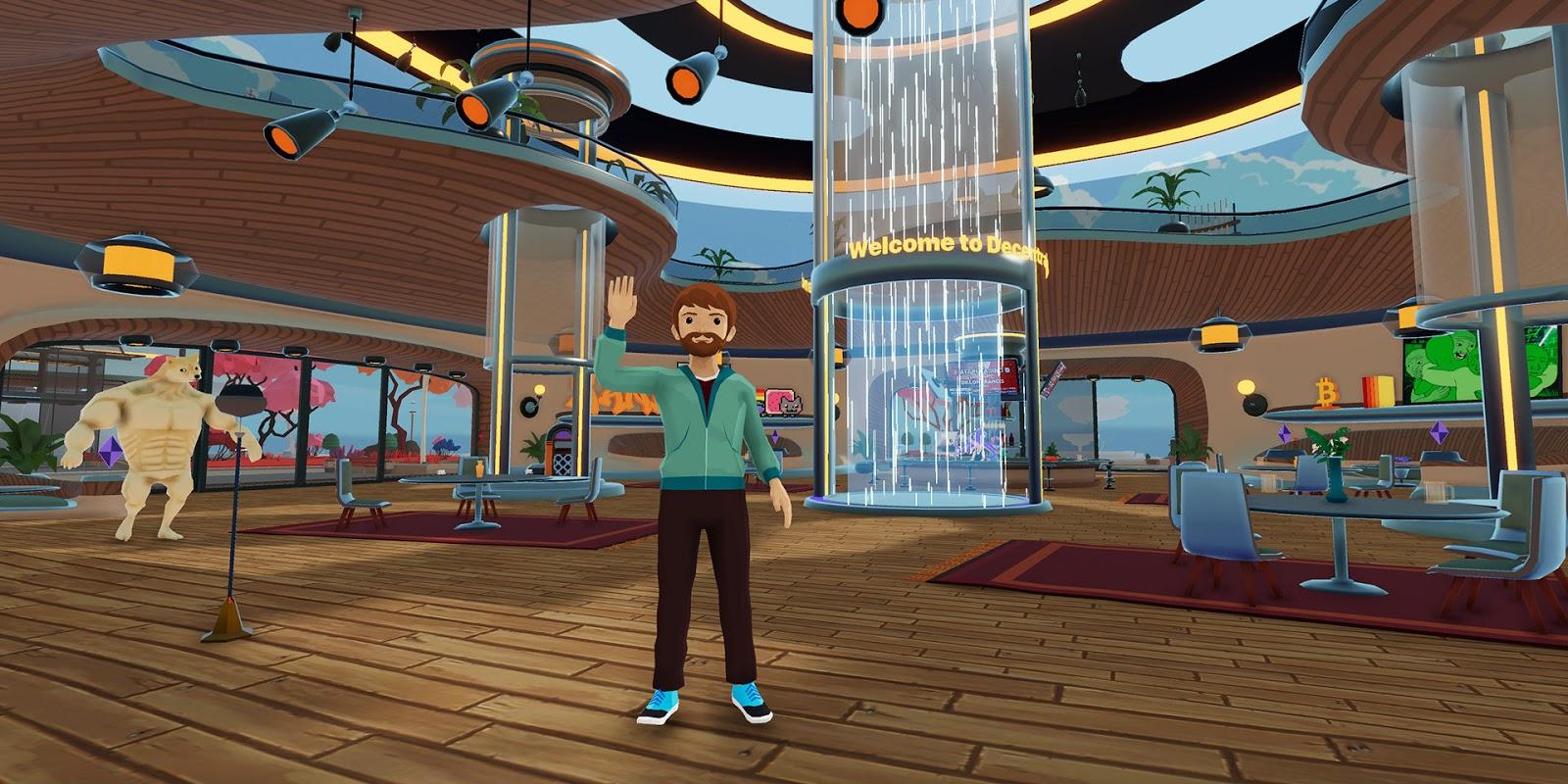
Ari Meilich, the project lead at Decentraland said, “Content cannot be removed, not even ourselves or a government. However, people get the chance to see certain content and filter out others. So ultimately, there will be filters set up by the community.”
Analysts liken the initial investments in Decentraland property to a Kickstarter campaign, in that users are essentially investing in an idea in hopes it takes off.
